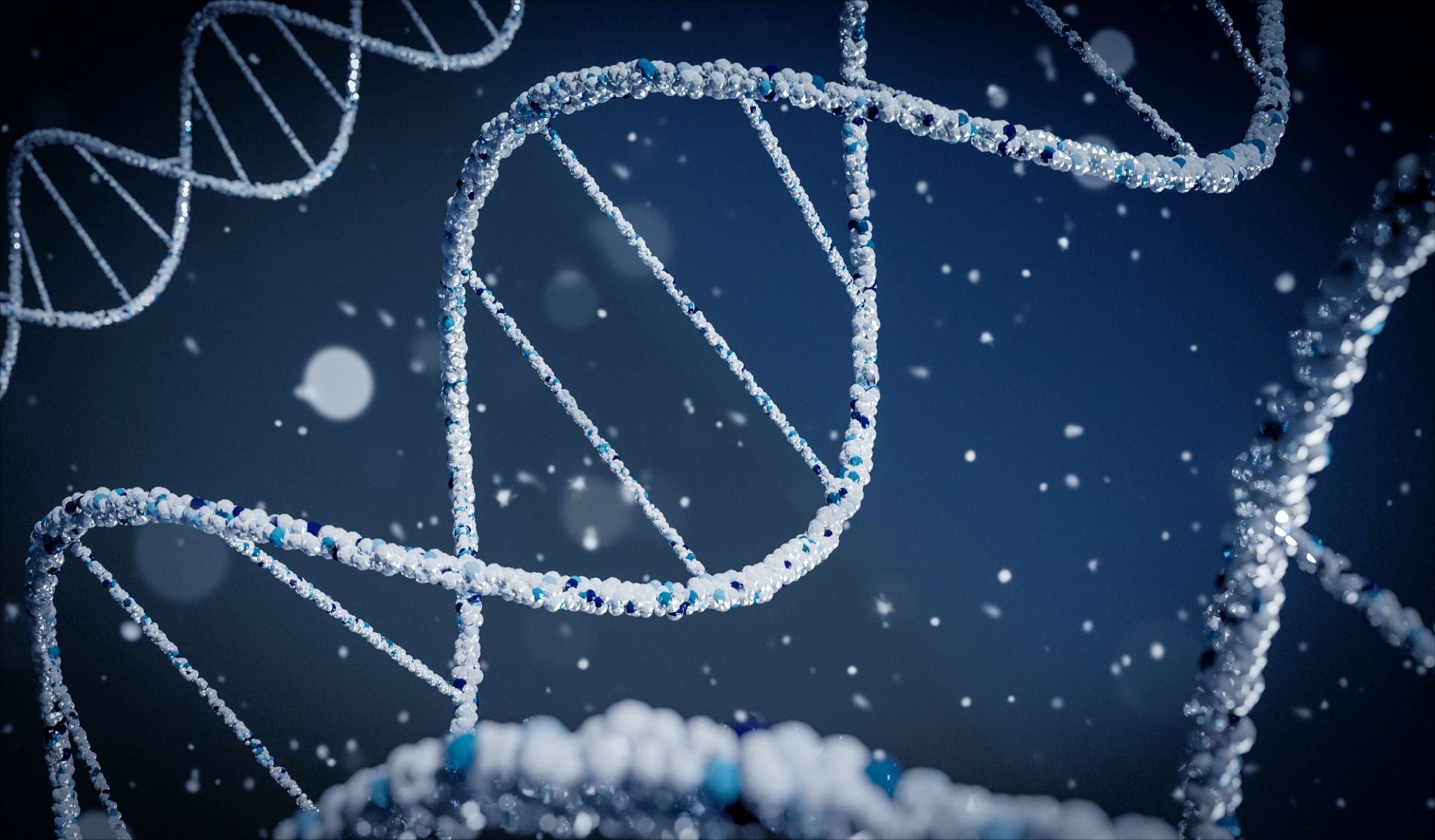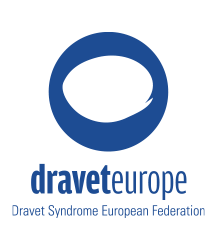
03 Dec Research up for SCN1A
We are very excited to announce that SCN1A-UP! has been selected among the projects to be funded by the European Joint Programme on Rare Diseases (EJP RD). Coordinated by Dr Massimo Mantegazza from the Institute of Molecular and Cellular Pharmacology (IPMC), research center of the University Cote d’Azur, UCA, and of the Centre National de la Recherche Scientifique (CNRS), SCN1A-UP! is a collaborative project of five European research groups and will be implemented between June 2021 – May 2024, with the overall objective to develop more effective treatments for Dravet Syndrome.
The project’s approach is a bottom up one, targeting SCN1A loss of function, the primary cause of the disease, and pathologic remodeling that can develop at later stages, therapeutic concepts that could be applied also to other diseases.
At the kick-off meeting held on October 25th 2021 in Nice-Sophia Antipolis (France), Dr Mantegazza highlighted that “SCN1A-UP! is a great collaborative opportunity for developing novel research approaches and therapeutic strategies for Dravet Syndrome, which may be used also for other genetic diseases, involving European laboratories that perform cutting edge research, patient organizations and a scientific advisory board composed by eminent clinicians”.
Several patient organizations are supporting SCN1A-UP! – from France, Italy, Germany and Netherlands, with one representative on their behalf being involved all the time to ensure the patients’ priorities, perspectives and unmet needs are reflected in the project.
“An effective disease-preventing or modifying treatment for Dravet Syndrome will most likely need a polytherapy with different approaches and drugs. To fulfill this challenging task, we will develop two complementary strategies: 1. Increase expression levels of the wild type SCN1A allele (patients are heterozygous) by developing CRISP-ON virally delivered techniques (classic gene therapy does not allow delivery of the large SCN1A gene) and screen for small molecule drugs, strategy for which we have already obtained a proof of concept); 2. Identify new signaling pathways to be targeted with drugs, which may be implicated in pathologic remodeling,” explain the researchers involved.
All approaches will be tested and validated extensively in vitro and in vivo in animal and human models.
The European Joint Programme on Rare Diseases brings together over 130 institutions, including all 24 European Reference Networks, from 35 countries. The Joint Transnational Call 2020 is co-funded by the European Commission, and will fund 18 projects with a total budget of 24.5 million Euros. The winning projects have been selected out of more than 170 submissions.
Read more about all projects selected: https://www.ejprarediseases.org/funded-projects-2020/
